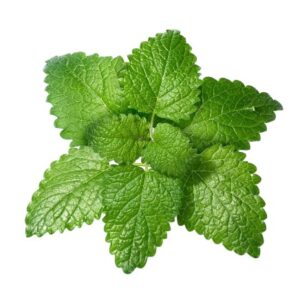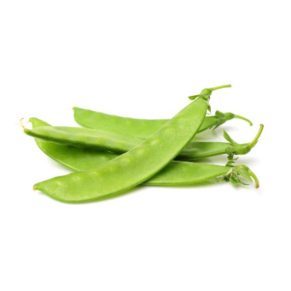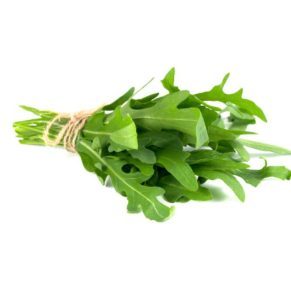Total ₨350.00
Swiss Chard
Swiss chard is the most popular green because of its vibrant and colorful stems. The stalks of Swiss chard are similar to spinach and beet, and you can eat it uncooked. Its flavor is earthy, similar to spinach, and it’s low in sodium.
Swiss chard is known for its ability to control and stabilize blood glucose levels. Swiss chard contains alpha- lipoic acid which is an antioxidant that increases blood glucose sensitivity and helps to control hormones and prevent oxidative stress-related changes in diabetics.
It also helps to treat peripheral neuropathy. In addition, it is rich in potassium and Vitamin K which are important for brain development. Eating Swiss chard helps to nourish your “little grey cells” and improve your mental function as it contains natural nitrates which help to improve blood flow to your brain. As a result of having a high concentration of Beta-Carotene in the body, it has been found to be effective in preventing dementia in elderly people.
It’s a great option for vegetarians, as it’s high in minerals, making it great for soups and stews, as well as casserole dishes.
| Weight | .150 kg |
|---|
































